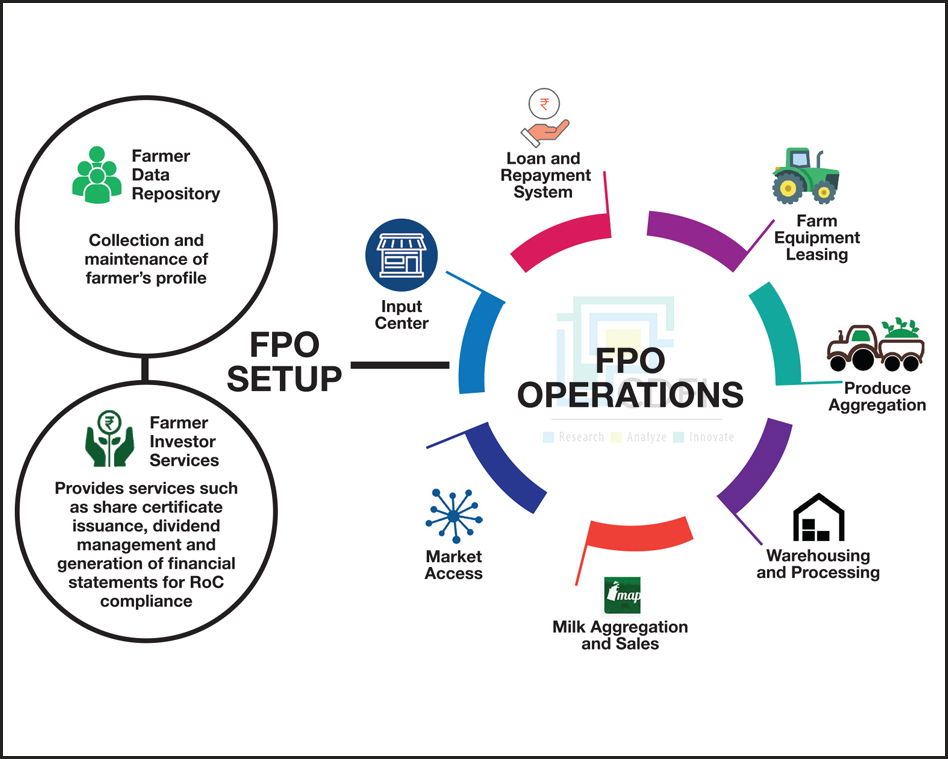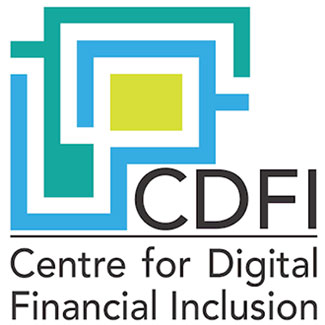
Sep 07 2016
The SHG Dashboard: Simplifying Decision-Making

What is the Decision Support System?
The Decision Support System (DSS) is an informational computer application that analyses data and presents it so that users can make informed decisions easily. This system could be used to gather and present information about varied data points such as comparative sales figures, projected revenue figures and different decision alternatives based on an already described past experience. DSS, a web-based digital analytics platform, presents information graphically and is aimed at business executives and development professionals alike. DSS can be accessed from anywhere and on multiple devices such as laptops and mobile (Android, iOS, Windows, etc.) devices.
In government space, the data for development indicators is maintained in multiple application databases, thus making the need for an analytics platform to receive necessary information from different applications and present in easy to comprehend manner. DSS can be integrated with these separate systems and can capture, analyse and show trends of different financial/human development indicators. The dashboard and detailed analytics generated by the platform are in a visual format and can be presented in three dimensions- time-series, geographical and socio-economic categories. The data can be extracted on daily/weekly/monthly/on-demand basis and at multiple levels (like State > District > Mandal > Panchayat > Village > Individual).
The end-user gets flexibility to choose the type of chart from the available list for every indicator in real-time. The charts are enabled with forward and backward drill-ability to allow the user to visualize data at various levels of its availability (whether on the basis of time, geography or socio-economic category).
The analytics platform is designed and developed in such a way that additional analytics/indicators can be added with minimal effort. Such a platform can be used by businesses and governments alike for data management and decision-making.
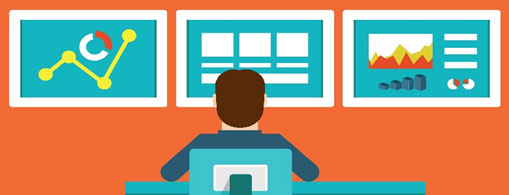
Case Study
The Society for Elimination of Rural Poverty (SERP), Government of Andhra Pradesh (GoAP), is the implementation arm of the rural development and poverty alleviation initiatives of the Government of Andhra Pradesh. SERP has assisted in organizing 80+ lakh poor women from rural and urban areas into Self-Help Groups (SHGs) and provides them with credit linkages to manage business operations for their livelihood. To monitor various development indicators pertaining to the welfare of the SHGs, SERP has, with technical assistance from external agencies, developed 40+ operational applications. These applications have data related to bank linkage, status of formation of SHGs and other Community-Based Organizations (CBOs), human development indicators like health and nutrition status and services, social security indicators like pensions and insurance, and livelihood initiatives undertaken by the state government.
Most of the web-based applications produce MIS reports but a single web-based interface where all the reports/dashboards are linked and available for end-use was unavailable. This often led to delays in decision-making. CDFI implemented DSS in collaboration with AP-SERP to develop a single digital analytics platform capturing information from across the systems to aid monitoring of financial activities of their SHGs.
The data analytics platform created ensures real time availability of reports and dashboards as and when the database is populated. In addition, it also provides the capability of predictive analysis on different parameters in the analytics platform such as savings of SHGs in the next 10 years.
Advantages of the Decision Support System
DSS attempts to assist users by enhancing their decision-making ability as it can process, analyse, and present data in easy to understand graphic representations.
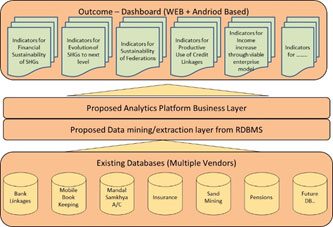
- DSS aids in identifying the desired equilibrium between demand and supply by reducing the time taken to make essential decisions thereby increasing an enterprise’s efficiency.
- DSS can incorporate economic, social and environmental considerations making it a wholesome platform for monitoring and implementation of government initiatives.
- The automated system minimizes human errors which can accumulate when working with large sets of data, and reports and visualizations can be generated easily, allowing for sustained quality control.
- Data management can immensely improve government services. In developing countries like India where social welfare is an element of the government’s functions, data organization is a key factor in ensuring that benefits are made available in a timely manner. An analytics platform like the DSS platform can help present cumbersome data into one informative MIS thereby improving understanding of performance of program’s impact on different parameters.
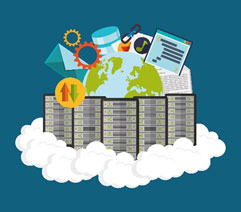
Currently, in India, many organizations and programmes have multiple databases at different levels and the DSS platform can be replicated to leverage informed decision making by integrating the databases into a single database. For instance, NRLM’s Bank Linkage database has similar levels as those in AP-SERP and the DSS platform can be customized with minimal efforts.
Given the large population of the country and the availability of data up to the beneficiary level, developing data analytics platforms like the DSS to present integrated view of outcomes of government initiatives would help increase efficiency and achieve desired impact.
https://www.mtu.edu/peacecorps/programs/civil/pdfs/stephen-good-thesis-final.pdf
http://searchcio.techtarget.com/definition/decision-support-system
http://eres.lndproxy.org/edoc/FacPubs/loy/PhillipsWrenG/AdoptionOfDecisionSupportSystemsInADevelopingCountry-07.pdf
https://www.datainnovation.org/2014/07/how-data-and-analytics-can-help-the-developing-world/
Recent Posts


